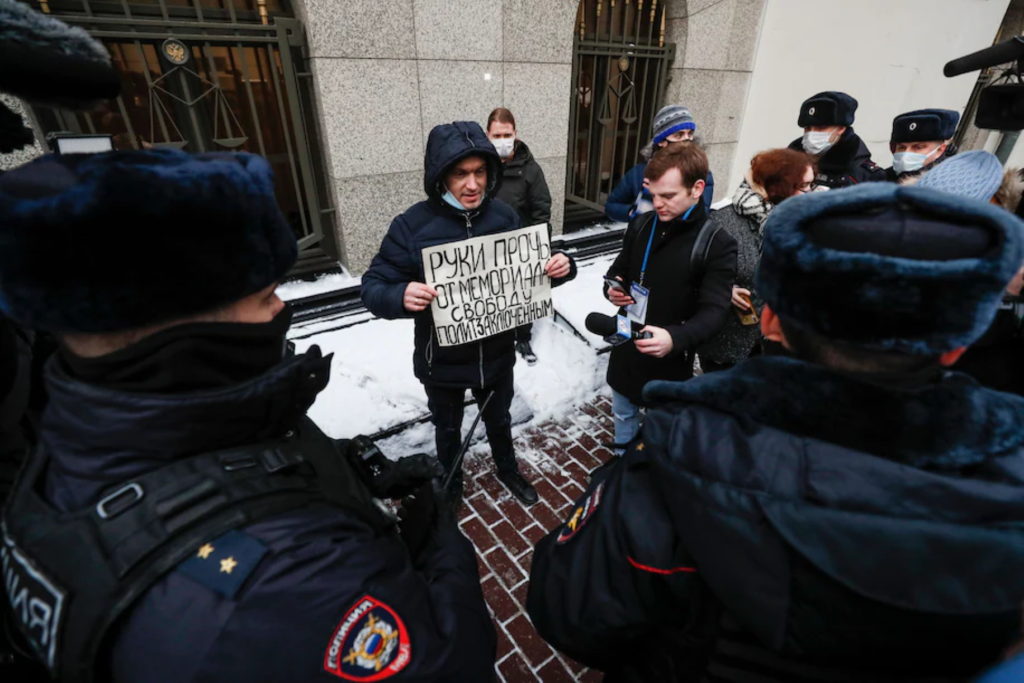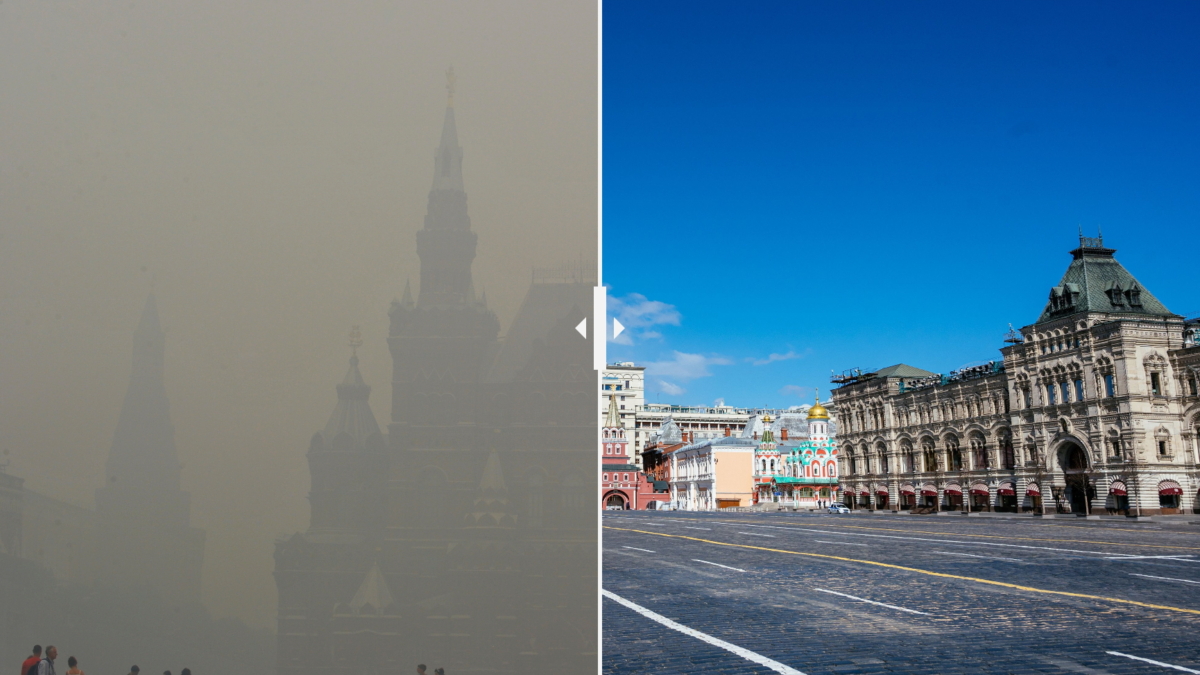Russia Supreme Court abolishes country’s most prominent human rights group, the International Memorial Society – “Memorial began the human rights era in our country, and it ends it today”

By Robyn Dixon
28 December 2021
MOSCOW (The Washington Post) – Russia’s Supreme Court on Tuesday ordered the liquidation of the country’s most prominent human rights organization, the International Memorial Society, in a decision that dismayed rights advocates.
Russia’s Supreme Court on Tuesday ordered the liquidation of the country’s most prominent human rights organization, the International Memorial Society, in a decision that dismayed rights advocates.
The ruling signaled the Kremlin’s determination to obliterate dissent, after a year in which authorities have jailed and harassed hundreds of opposition figures, activists, journalists and human rights lawyers, forcing dozens of them to flee the country.
The International Memorial Society, known as Memorial, was set up by dissidents — including renowned Nobel Peace Prize laureate Andrei Sakharov — during the final years of the Soviet Union. It is focused on researching Soviet abuses in the gulag, a vast web of prison camps where political prisoners toiled and died, many of them executed on the basis of concocted evidence.
It also has an archive of the case files of more than 60,000 Soviet victims of state repression — a sensitive issue as Russia rolls back rights and jails critics for protesting or even for joking about the regime.
Prosecutors accused the International Memorial Society of violating Russia’s law on foreign agents, which is used by authorities to target rights groups, independent journalists and activists. The court accepted the prosecutors’ call to liquidate Memorial for failing to tag all its materials with a foreign agent label, and it ruled that the organization and all of its regional and structural units would be abolished.
The organization countered that it had made strenuous efforts to meet the many requirements of the law. Memorial lawyer Grigory Vaipan said it was the first prosecution in Russia that sought to abolish an organization based solely on breaches of the law on foreign agents. […]
The court decision on Memorial sets an ominous precedent for dozens of other organizations designated as foreign agents by Russian authorities.
It also raises questions about the fate of Memorial’s archives containing the personal files of 60,000 victims of Soviet repression, its searchable database containing 3 million names of victims, and its database with the names of nearly 42,000 people who worked for the Soviet secret police from 1935 to 1939, when repression peaked.
The archives are seen by activists as an irreplaceable record of the crimes of the Soviet state against millions of its citizens. Memorial’s own lawyers have said the group raises uncomfortable questions for a regime increasingly bent on legal repression of critics. […]
Renowned Russian human rights lawyer Ivan Pavlov, who fled Russia in September after authorities charged him with disclosing state secrets when he was representing a journalist charged with treason, said the verdict sends a message that anyone engaged in activism faces possible prosecution. Pavlov is known for defending opposition figures, journalists and rights activists.
“Memorial began the human rights era in our country, and it ends it today,” he said. [more]
Russian court abolishes country’s most prominent human rights group, Memorial


